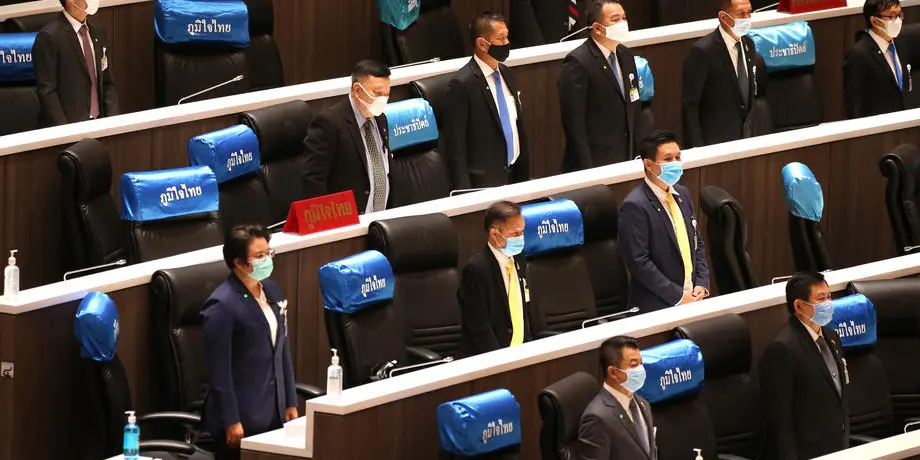
Regional MPs urge Southeast Asian governments to protect parliaments
July 06, 2020

JAKARTA – Today, on the occasion of International Day of Parliamentarism, regional lawmakers urged Southeast Asian governments to end all politically motivated attacks against opposition MPs, and ensure that parliaments can effectively act as a genuine representation of the people.
“An effective and representative parliament is a vital sign of a healthy democracy. When parliaments’ roles and functions are protected, lawmakers are able to better advance human rights, promote sustainable development for all, and improve the lives of those they represent. But legislative bodies in Southeast Asia are under threat, undermining their ability to exercise oversight of the executive and provide a balance of power,” said Maria Angelina Lopes Sarmento, a Board Member of ASEAN Parliamentarians for Human Rights (APHR), and a Member of Parliament (MP) in Timor-Leste.
Parliaments in Southeast Asia face a range of challenges that have undermined their functions, and in some cases, left them with little to no role to play, said APHR.
Most recently, emergency measures taken by governments to combat the spread of COVID-19 either bypassed or severely limited parliamentary scrutiny, at a time when major policy decisions with long lasting consequences on the lives of people were made.
Electoral systems, which are crucial in safeguarding parliamentary representation through the popular will of the people, are often manipulated to allow leaders to remain in power and weaken parliamentary scrutiny. Recent examples include Cambodia’s 2018 vote that saw Prime Minister Hun Sen’s party win all seats of the National Assembly following the dissolution of its main opponent, the Cambodia National Rescue Party (CNRP), while Thailand’s 2019 election failed to restore fundamental freedoms, and instead saw the military cement its role in politics. The third most popular party in that vote, the Future Forward Party (FWP), has since been dissolved on questionable charges. A new report by APHR also revealed Singapore’s flawed electoral system that has allowed the ruling People’s Action Party (PAP) to win every single election since 1959.
In addition, lawmakers across the region are increasingly facing reprisals for criticising government policies or raising matters inherent to public interests. APHR has documented parliamentarians facing politically-motivated trumped-up charges, online harassment, threats and other forms of intimidation in the Philippines, Cambodia, Malaysia, and Thailand. These attacks have subverted democracy and have had a chilling effect on parliamentarians, preventing them from freely exercising their mandate.
“One cannot expect parliament to effectively hold their respective governments to account when lawmakers are being dragged to court for peacefully carrying out their mandate,” Sarmento said. “Parliamentarians need to be able to do their job without fear of reprisals if they are to have open debates or call out potential human rights abuses.”
Furthermore, according to the Inter-Parliamentary Union (IPU), women continue to be significantly underrepresented in Southeast Asian parliaments. As of January 2020, Timor-Leste (38.5%) recorded the highest percentage of female lawmakers in the region, while Brunei Darussalam (9.1%) had the lowest.
“A democratic parliament should not only reflect the people’s aspirations, but also the social diversity of its population. When there is genuine and equitable participation for women in politics, decision-making will be more inclusive and supportive of a vibrant democracy. It is thus crucial that we double down on efforts to close the gender gap and remove barriers to women’s access to meaningful and equal political participation,” said Sarah Elago, an APHR member and Philippine MP.
ASEAN Parliamentarians for Human Rights (APHR) was founded in June 2013 with the objective of promoting democracy and human rights across Southeast Asia. Our founding members include many of the region's most progressive Members of Parliament (MPs), with a proven track record of human rights advocacy work.